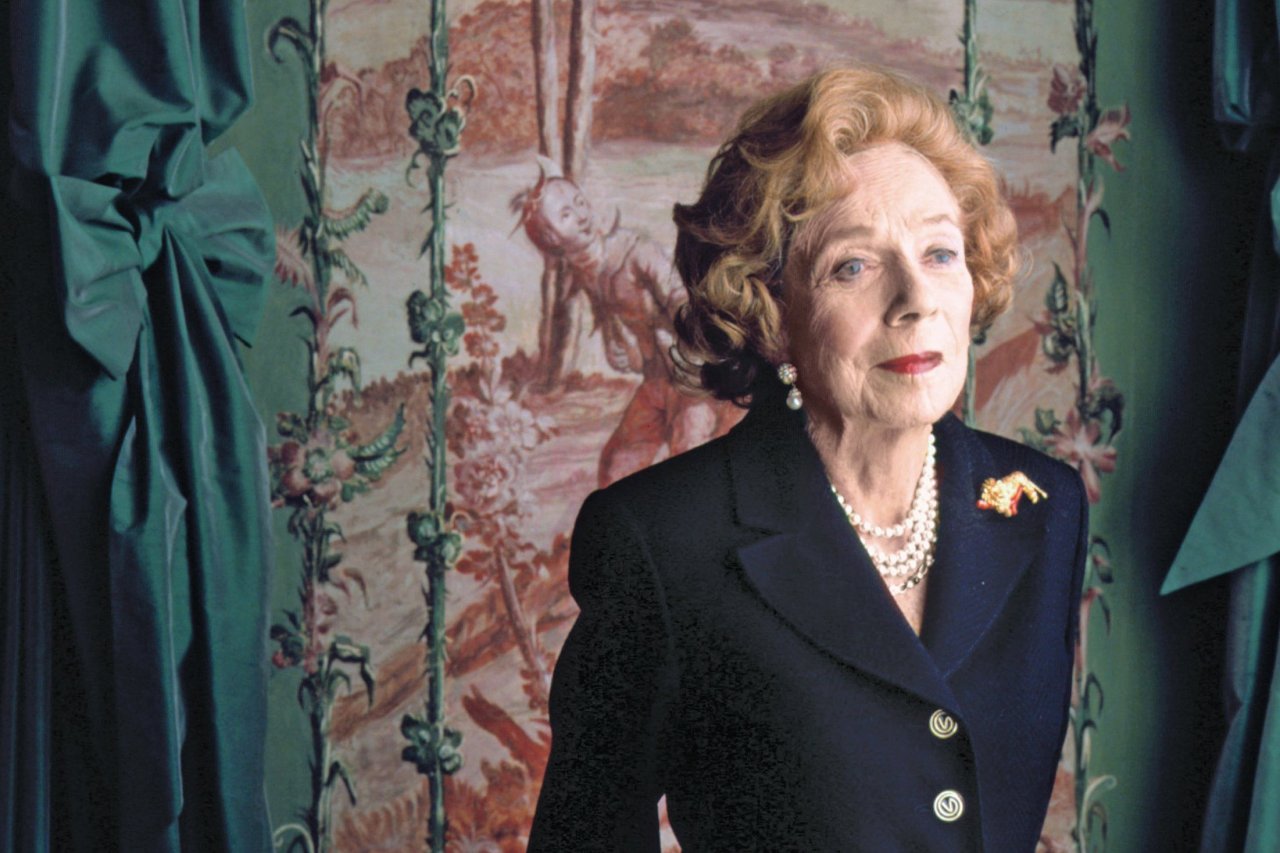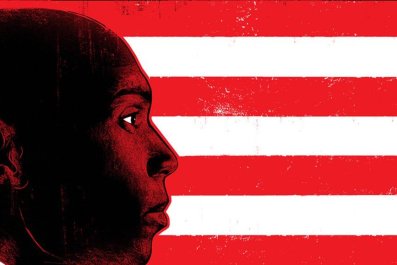THE DEFENDANT had not shown up to Manhattan's Supreme Court on Monday; his lawyers had asked Justice A. Kirke Bartley for one last reprieve for the man slated to become the fourth-oldest inmate in New York State's prison system if he is booked and processed as planned on Thursday.
Marshall, the octogenarian only child of philanthropist Brooke Astor, who died in 2007 at the age of 105, was convicted in 2009 of defrauding Astor's $185 million estate by forging his mother's signature on her will prior to her death. Marshall was also convicted of giving himself a $1 million raise to manage his mother's finances—a charge that carries a mandatory prison sentence—as well as hiring himself a yacht captain with her money.
Marshall and fellow defendant Francis X. Morrissey, 70, his longtime attorney, were each sentenced to one to three years in prison. They were due to begin their sentences on Monday, before a judge issued a three-day reprieve after Marshall's attorney argued that "incarceration would likely precipitate Mr. Marshall's imminent death." In the past few years, he underwent cardiac bypass surgery, had a mini-stroke during his trial, and has suffered from Parkinson's disease.
Jail likely won't help. According to Soffiyah Elijah, the executive director of the nonprofit Correctional Association of New York, a prison inmate biologically ages 10 to 15 years for every year he or she is incarcerated. And that means Marshall could end up costing New York some serious money. Incarceration in New York costs an average of $60,000 per inmate—a cost that goes up to anywhere between $130,000 to $200,000 if the inmate is over 55 and needs medical attention. Most prisons do not have the medical care available onsite to take care of the very elderly, meaning that the state would be paying for hospitalization for Marshall—who inherited $14.5 million even after paying restitution costs.

























